2024-12-28 12:06:00
chuckwnelson.com
You know when you go on a picnic, sometimes there’s a fly that decides to join you.
You wave your hand to shoo it away from the tasty lunch you’re about to enjoy and think nothing more of it.
But it returns, only for you to swipe again, and that tinge of frustration starts to bloom. It returns, and now your lunch is no longer the focus, but this annoying fly whose buzzing is now an obstacle to a perfectly nice picnic.
The 2000s were a picnic
When Google came onto the scene, I credit its success to the tried and true paradigm that makes companies successful: simple and easy to use.
Yahoo was dominant back then, and it tried to put everyone and everything in front of you. Then we learned about the paralysis of choice. Too many choices, the mental fatigue weighed in, and the product became difficult to use.
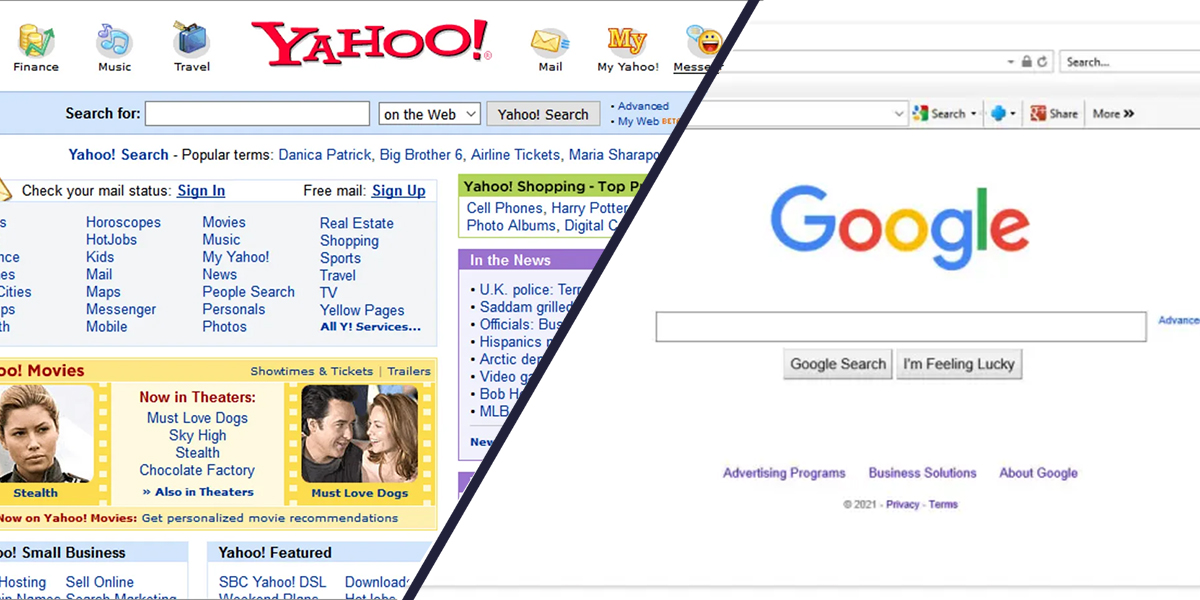
Enter Google, and it was Feeling Lucky. Just a search input, logo, and some minor text. The next step was clear. And the search results were a simple list. Sequential to avoid mental fatigue, and just enough description to make an informed choice.
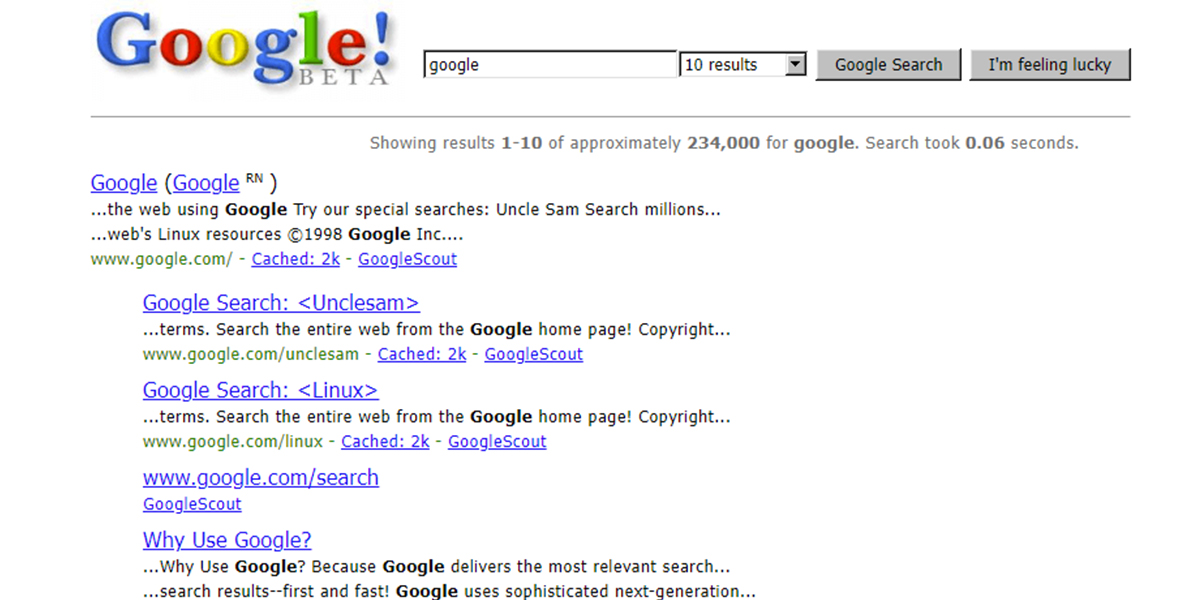
Then a fly came buzzing to the picnic.
Enter the buzz
Google added advertising. Their first iteration was clearly marked and outside the search list. Trust in the organic results mattered to Google, and it would be off-brand to show you could pay to be at the top of that list.
And even these ads weren’t that bad. What made Google successful was showing ads you wanted to see. I’m searching for a bottle of wine, and ads for bottles of wine were shown to me. This is okay because it’s not interrupting the picnic. Google’s success is from active intent advertising.
But then ads were placed over search results, still clearly marked, but pushing down organic results. Buzz.
Then the SEO industry got its footing. Organic results are now optimized advertorials, or aggregation websites like Yelp and Pinterest, which have their own ad models.
It’s a layer cake of ads all the way down the list.
Google lost its credibility.
Google is infested with these little annoyances
Enter 2024 with AI. The top 20% of search results are a wall of text from AI, then a Google product such as maps or shopping listings (with ads), then search ads, then YouTube videos, then search results (hidden ads), then some sprinkling of what you are looking for.
I don’t want to watch a 10-minute video for a quick answer.
No longer can you flip back and forth from search results quickly to find the answer.
You need a machete to cut through the visual noise in order to find even a website that may have your lunch.
We are back to Yahoo in the 2000s, choice paralysis, visual clutter, and no trust in the results I do see.
I’m no longer feeling lucky.
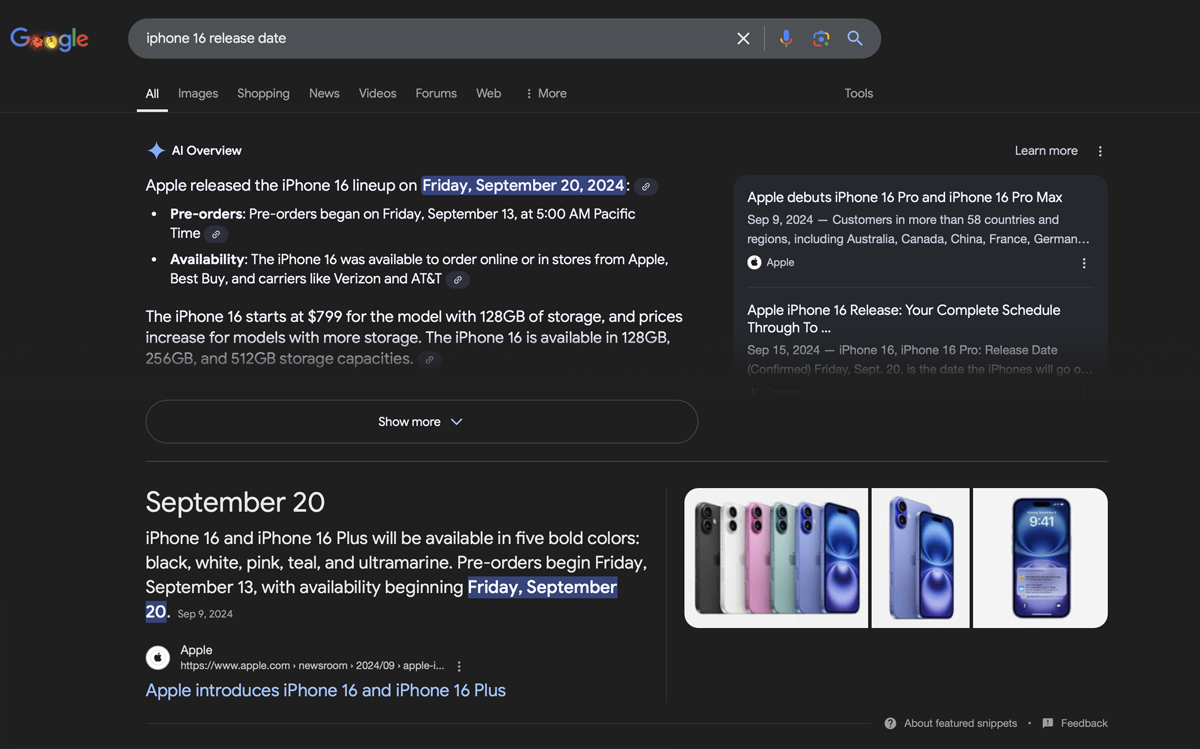
OpenAI’s search is becoming Google in the 2000s, if it can remain trustworthy.
Open AI’s ChatGPT search results have entered the scene. It’s not perfect, but it’s not Google.
The visual clutter is not there because it’s a conversation, not a list. It’s one answer instead of 10.
It’s active intent searching, the thing that made Google successful. Plus, it’s conversational. We are trained monkeys to be able to keep asking questions, with the context of the information that came before. It’s simple because we are use to it.
Active intent conversations is just a overly fancy way to say “recommendations.” Just like a friend would recommend a restaurant to you based on what you ask for. But we trust our friends.
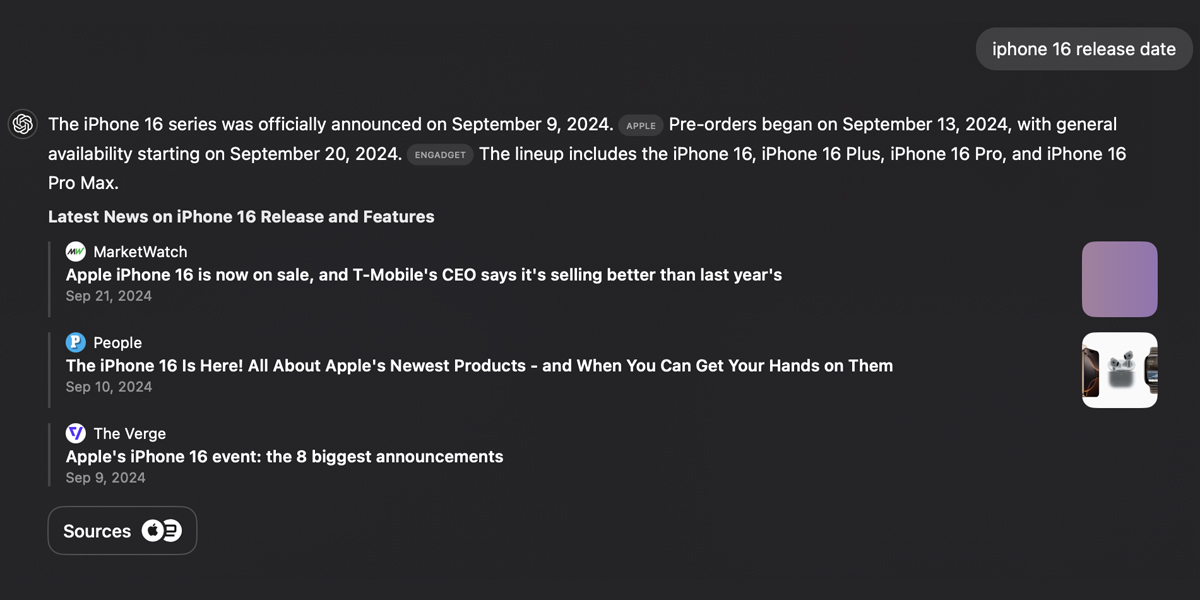
Does ChatGPT Search have trust? Open AI isn’t monetizing its search just yet, but AI has its own issues with hallucinations.
If Open AI can build its brand and its trust with the consumer, it can dethrone the king.
They know this is important as well. Their website is littered with media quotes stating ChatGPT’s search links to trustworthy sources, and bringing premium journalism.
This is the fork in the road. There are entire industries waiting to see the direction this goes in. If Open AI goes the way of Google with tons of choices and mental fatigue, it can still be successful, but will be battling to be king of the hill.
But if it can keep it simple and trustworthy, it can own the most valuable digital real estate as the sidekick with the single answer.
Google is losing trust with all these buzzing results, and its answer is to throw more spaghetti at the wall to see what sticks. But this just attracts more problems.
In order for Google to keep its crown, it needs to remember what it was in the 2000s and a bit of luck.
Keep your files stored safely and securely with the SanDisk 2TB Extreme Portable SSD. With over 69,505 ratings and an impressive 4.6 out of 5 stars, this product has been purchased over 8K+ times in the past month. At only $129.99, this Amazon’s Choice product is a must-have for secure file storage.
Help keep private content private with the included password protection featuring 256-bit AES hardware encryption. Order now for just $129.99 on Amazon!
Support Techcratic
If you find value in Techcratic’s insights and articles, consider supporting us with Bitcoin. Your support helps me, as a solo operator, continue delivering high-quality content while managing all the technical aspects, from server maintenance to blog writing, future updates, and improvements. Support Innovation! Thank you.
Bitcoin Address:
bc1qlszw7elx2qahjwvaryh0tkgg8y68enw30gpvge
Please verify this address before sending funds.
Bitcoin QR Code
Simply scan the QR code below to support Techcratic.

Please read the Privacy and Security Disclaimer on how Techcratic handles your support.
Disclaimer: As an Amazon Associate, Techcratic may earn from qualifying purchases.




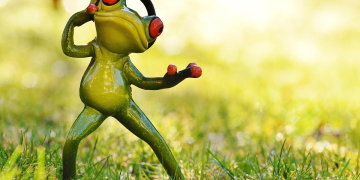




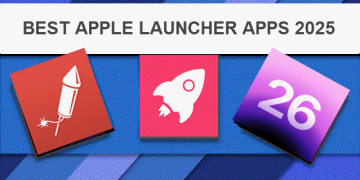
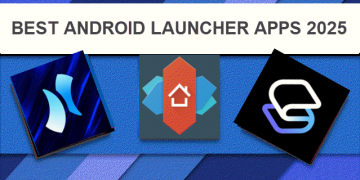
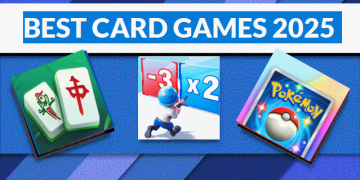

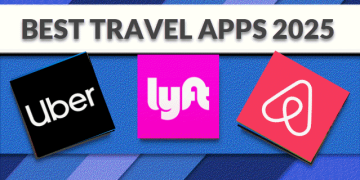
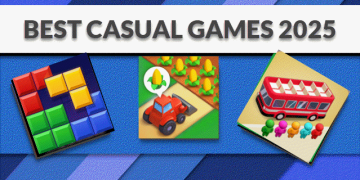
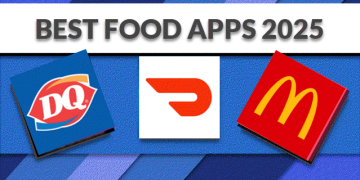
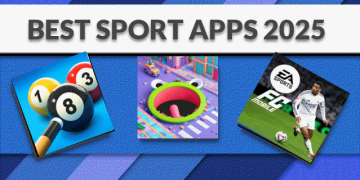
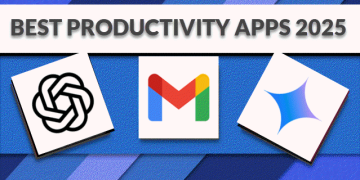
















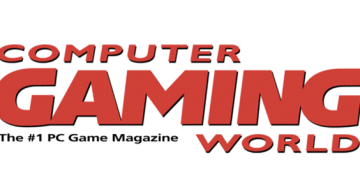


















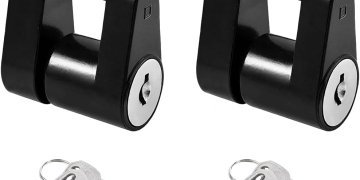




![[Replacement] 4Pcs Roof Rack Cover Cap Rail End Shell for Tesla for Model 3 2017 2018…](https://techcratic.com/wp-content/uploads/2025/07/61pXZwi49L._AC_SL1500_-360x180.jpg)




















